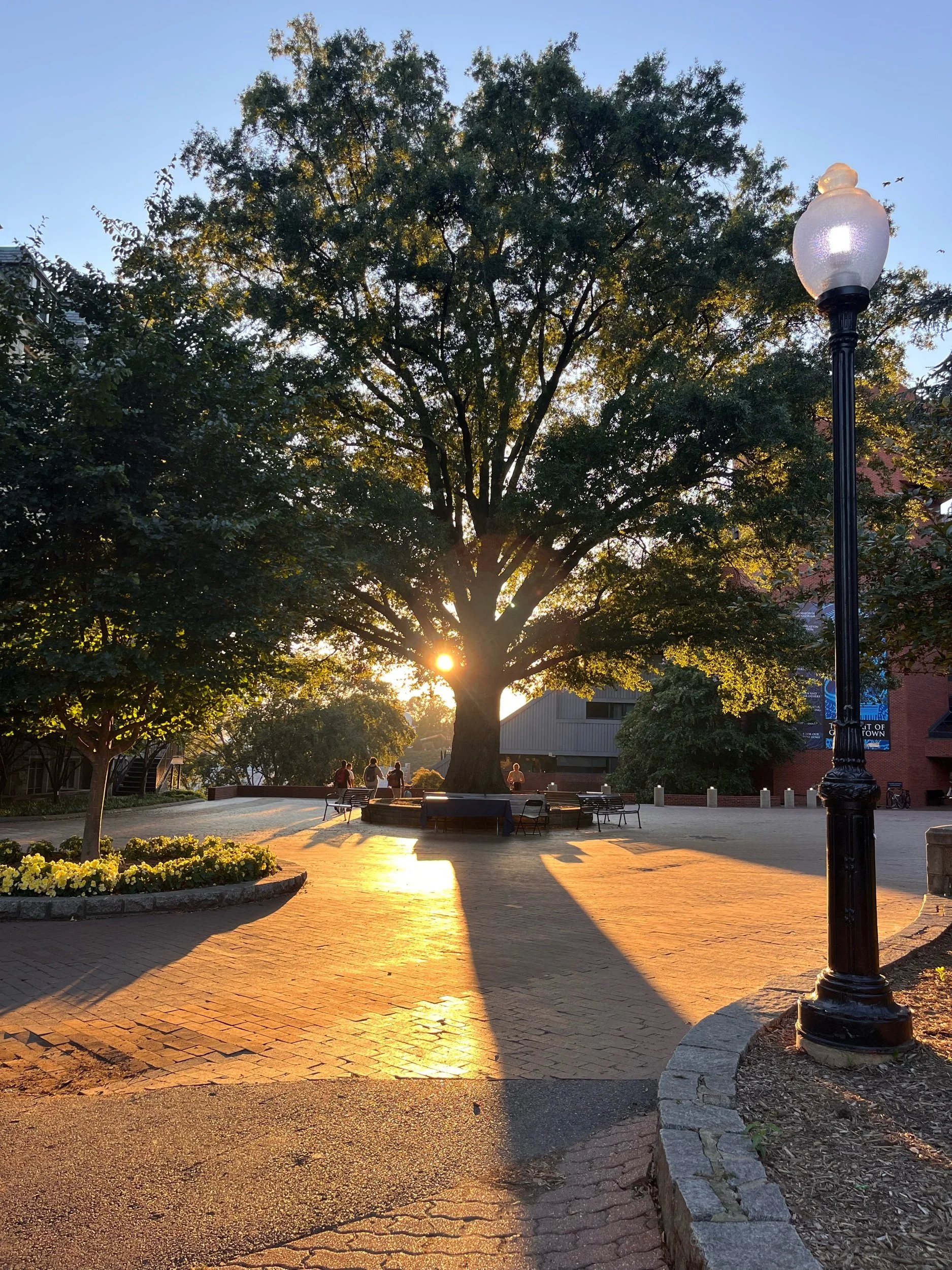It's time we all shine, together.
The Bottom Line
Arab and South Asian Muslim power brokers need to take a step back and empower a much more diverse generation of Muslim leaders in the USA. We've already begun the transition here in Montgomery County, Maryland, with a movement among our county's 100,00 Muslims to bring in voices from the African Immigrant, Convert, Indonesian, Iranian, Latino, Turkish, and Turkic communities, who combined make up a whopping 60% of Muslims who live in Montgomery County. Now the experts say we are right to do so: Muslim Americans have no majority ethnicity nationwide. Muslim Americans must end the practice of selective self-representation, and commit to a path of outreach-above-all-else in 2016.
The Data: Muslims Are Not All Arab & Desi
We have known for a long time now that Arab Muslims and South Asian Muslims are overrepresented in nearly every major Muslim organization. The challenge has been how to coax power out of the hands of a small group of well-monied, highly ambitious Muslims who hail largely from the South Asian community that the Muslim Community is largely being dis-served by the over-emphasis that both their political priorities and their cultural traditions be considered the golden standard for Muslim American identity. However, when you ask the Divine for assistance, the Divine always delivers. The Institute for Social and Political Understanding (ISPU) has released a powerful study that finally makes it clear as day that Muslims are far more diverse than our collective leadership has been willing to admit, or allow to come to daylight.
So what's for iftar? Hint: it ain't Samosas
From ISPU:
"May 21 is the World Day for Cultural Diversity for Dialogue and Development.
The goal of defining the interests and policy priorities of American Muslims mightseem impossible. As a vibrant microcosm of society, Muslims are the only major American faith community with no majority ethnicity. We at ISPU see this diversity as something to be celebrated. The vibrancy of the American Muslim canvas reflects that of America as a whole. Understanding the challenges faced by one provides lessons and opportunities for us all."
The Importance of Diversity
Earlier this year, I found myself invited to a national Muslim organization's summit on the 2016 elections. Expecting to hear a national strategy laid out to empower Muslim Americans, and having seen social media tidbits about the organization's commitment to diversity, I looked forward to attending. Sadly, I was disappointed. A majority of the guests were South Asian, as I am myself. Not only that, but the experts called to speak were largely of Arab background, and spoke only about Levantine Arab political instability. When several attendees raised their hands and spoke to ask that there be a more focused discussion on the White House's Pivot to Asia, the TPP trade negotiations, and the massacres of Rohingyan Muslims in Burma, the moderator- who was Arab- rudely told the guests that the Levant was the only matter of interest to the Muslim American community. Furthermore, another speaker at the event insisted on characterizing the major policy victory of the Obama administration: a nuclear deal with Iran, as bad for Muslims because of its impact on US policy towards the Levant. There were no Iranians in the room to counter-point, aside from one non-Muslim speaker who likely felt insulted.
I tell this story because when Muslim activists and leaders pretend as if our community's priorities are well-known, well-established and well-documented, they likely are referring to Muslim communities with affinity and heritages with the Levant and South Asia. This is increasingly evident in the chai-houses and smokey shisha bars frequented by self-appointed Muslim intelligentsia across the D.C. region--venues that themselves tilt the balance of power towards those who hail from the cultural backgrounds that patronize them. Critics of my push for diversity have argued until now that Muslim institutions were merely catering to what they considered to be the vast majority of the Muslim American population. This new study by ISPU proves the assumption that the majority of American Muslims are South Asian or Arab to be false. Rather, we now see that the collective national Muslim community leadership has been cherry-picking whom they represent and what political and social justice causes they choose to advocate on behalf of arbitrarily, while intentionally ignoring whomever they deem to be "off-message". With the rise of Trump and grassroots movements such as "UnMosqued", the era of selective Muslim representation must end.
The Way Forward
Muslim-American institutions nationwide should take cues from the established Montgomery County Model of community leadership that empowers Muslims from all cultural and ethnic backgrounds to have a voice at the table in community decision-making and political advocacy. Established Muslim organizations in Montgomery County have engaged in a two-year long outreach campaign to previously disenfranchised segments of the Muslim community, including the Shia community, Iranian, Turkish, Indonesian and African Immigrant communities, as well as the African-American community. This effort was spearheaded by the Muslim Democratic Club of Montgomery County, in coordination with major mosques, non-profit organizations and Muslim community-focused think tanks. These efforts have culminated in major policy victories at the county, state and federal levels that reflect the collective will of the Muslim community. This is because elected officials and policymakers have clear, empirical evidence that when Montgomery County's Muslims speak today, they speak with a united, fully representative voice.
In the past, various factions of largely South Asian Muslim immigrant groups would insist that they alone were the sole voice of representation for Maryland's Muslim community. This confused policymakers who cared little for who was "in-charge", and far more about involving all Muslims in making public policy. In 2014, Muslim community leaders from no less than 15 ethnic and sectarian groups with susbstantial populations in Montgomery County met and pledged to conduct a two-year long drive for inclusion and outreach to the county's disaffected Muslim electorate. The results have been rewarding, and today Montgomery County is the national model for how a Muslim community should function.
Takeways
Muslim American leaders nationwide should take three takeaways from this blog post:
- Outreach is no longer adviseable, it is a moral obligation: national Muslim American organizations must prioritize outreach above all else in 2016 in order to truly reflect the vibrant mosaic that is the Muslim Community.
- In the course of that outreach, instead of talking down to previously disengaged Muslim communities about what Muslim national priorities are, national Muslim leaders must actively listen to what Muslim communities truly what as our national, state, and local policy objectives (hint: it's not always about Peace in the Middle East).
- It is vital to incorporate feedback from the previously ignored Muslim majority into service changes by Muslim organizations to reflect the real needs of everyday Muslims (i.e. youth ministry, high-quality and well-rounded education, affordable college education, safe spaces, gender equity, professional counseling, burial services, reliable public transit, affordable healthcare, etc.)
Final point to community activists and community leaders: don't take this post to be an insult to some nebulous sense of personal honor. Establishing best practices for a faith community with no central authority, and with congregants hailing from no less than 200-some cultures and speaking dozens of languages while belonging to countless religious orders, sects and schools of law is incredibly hard work. It's even harder work in a community where a tiny, monied elite from South Asia refuses to share power with anyone else. Just do the right thing, and all will be fine.




